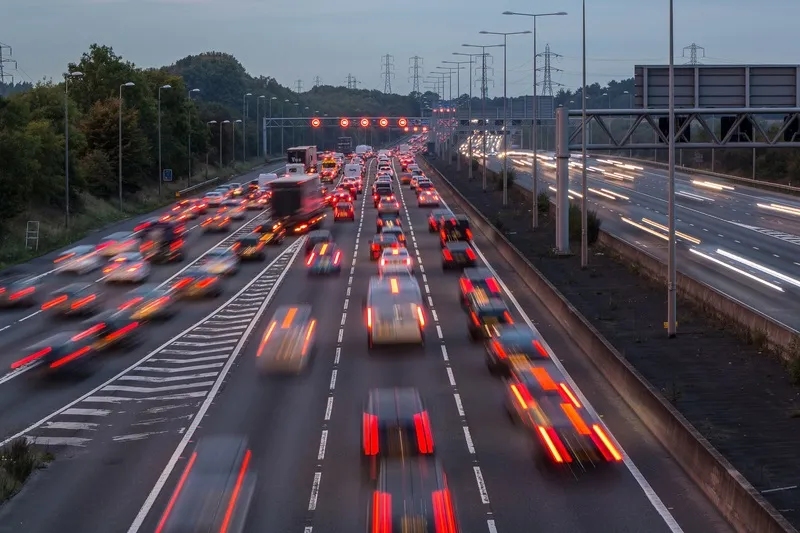The International Roads Assessment Programme (iRAP) has appointed the Transport Research Foundation (TRF), the parent of TRL, as a new Centre of Excellence. A UK charity, iRAP has established a new way to inspect and measure the safety of roads. It recommends high priority improvements which will save the most lives for the money available. The iRAP methodology is being used by development banks and countries worldwide. During the UN Decade of Action for Road Safety, 2011-2020, iRAP has set out its goal to
May 16, 2012
Read time: 2 mins
The International Roads Assessment Programme (5563 iRAP) has appointed the Transport Research Foundation (TRF), the parent of 491 TRL, as a new Centre of Excellence. A UK charity, iRAP has established a new way to inspect and measure the safety of roads. It recommends high priority improvements which will save the most lives for the money available. The iRAP methodology is being used by development banks and countries worldwide. During the UN Decade of Action for Road Safety, 2011-2020, iRAP has set out its goal to help inspect some 3,500,000km of the world’s busiest roads where most road deaths are concentrated and develop investment plans that countries can afford to save a million deaths and serious injuries.Simple engineering measures like footpaths, crossings, road markings, road shoulder treatments and safety fencing typically top the list of iRAP recommendations. The returns are typically US$5-10 for every $1 invested. TRF is committed to supporting iRAP in this endeavour.









